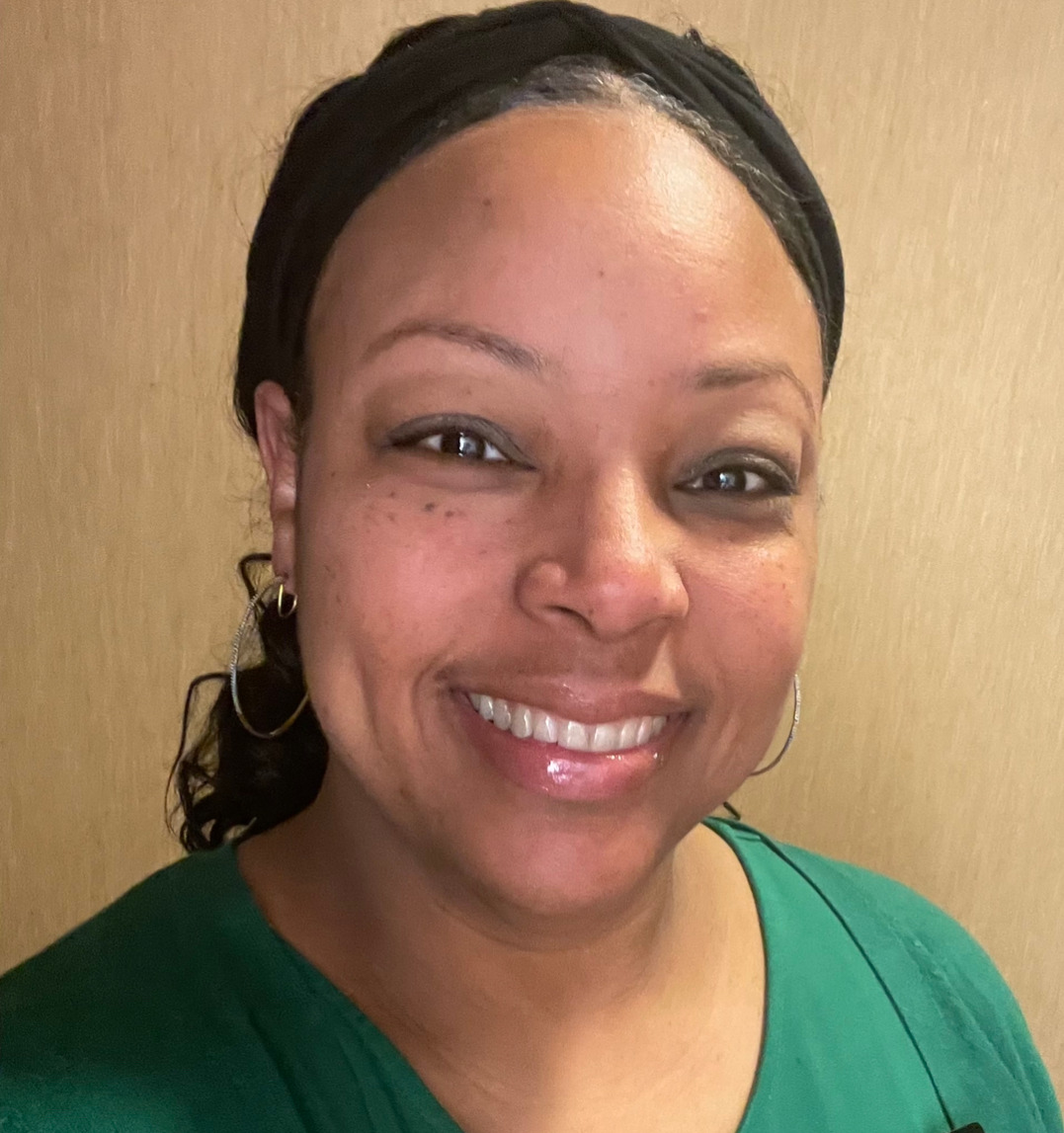Kea Norrell-Aitch is an educator with Michigan State University Extension in the Children and Youth Institute. Norrell-Aitch holds a master’s degree in family counseling from Spring Arbor University and a bachelor’s degree in family and community services from MSU. She specializes in mental health and emotional wellness programs for youth and teens across the state. Norrell-Aitch has received both a Michigan 4-H Walmart Healthy Habits and a STOP - Preventing School Violence grant. The STOP grant offers youth and teen Mental Health First Aid courses to various high schools across the state. In 2012, Norrell-Aitch was recognized by then-President Barack Obama and the White House as a Champion of Change.
May is Mental Health Awareness Month! It is noble to acknowledge this month with workshops, 5Ks and tips on how to increase your mental health knowledge. But what about the other months? Mental health is just as important as physical health, yet we do not acknowledge it and prepare for it in the same way. Mental Health First Aid courses teach us that there is no stigma connected to medical challenges like breaking an arm or receiving an autoimmune disease diagnosis, so why do we experience so much stigma connected to mental health challenges? Common misconceptions include the thought that I am the only one and people will judge me. Many people do not realize that mental health challenges affect one in five individuals — hence the need to normalize these conversations so that more people will come forward if they need support. Think about it, one in five students in a classroom, one in five employees in a staff meeting, one in five professionals at a conference. That ratio sounds pretty prevalent to me, yet mental health continues to be a topic that causes shame and avoidance.
Mental Health First Aid is an international program that began in Australia and was introduced in the United States in 2008. The course is managed and operated by the National Council for Mental Wellbeing and taught by trained instructors. It teaches participants to identify and respond to mental health challenges, substance misuse and crisis situations. After this day-long training, participants become Mental Health First Aiders similar to receiving your medical first aid card. While Mental Health First Aiders are equipped with an understanding of mental health challenges and an action plan to know what to do in crisis situations, this course does not equip you to diagnosis a mental health challenge, which is the job of a licensed professional. Mental Health First Aiders are a connection to mental health professionals, like providing care to someone who is injured until emergency medical professionals are able to take over.
In 2018, I was one of the first MSU Extension staff members to obtain their Youth Mental Health First Aid Instructor Certification. The Youth Mental Health First Aid course is for adults who work with youth. I am also a teen Mental Health First Aid instructor who works directly with teens to teach them about mental health challenges in their adolescent years. Currently, MSU Extension has two teams that offer Mental Health First Aid to adults who work with youth and teens. We have a total of 12 instructors who are committed to increasing knowledge about mental health in communities, farms, schools and professional settings, and we have trained more than 1,800 individuals.
In acknowledgment of Mental Health Awareness Month and beyond, please consider taking a Mental Health First Aid course, as you never know when you could show up for a loved one or someone that you work with or encounter in a moment of crisis. Crisis is subjective and can look different from person to person. If you fear that someone is experiencing a crisis situation, please consider calling 988 — the Suicide and Crisis Lifeline.
In addition, take a stand and speak out if you see someone having significant behavior changes, not enjoying the things that they used to love, isolating themselves, or sleeping and eating too much or not enough. You don’t have to try and diagnosis them, but you can show concern and ask if they are okay or if they would like you to assist them in finding a counselor or therapist to support them through a potentially challenging time.
Remember, mental health is just as important as physical health. We make it a priority to go to the doctor and the dentist, so we must make our mental health more of a priority as well. For more information about Mental Health First Aid and mental health resources, please visit these informative sources:
- MSU Extension: Mental Health First Aid
- National Council for Mental Wellbeing: Mental Health First Aid
- National Alliance on Mental Illness
- Substance Abuse and Mental Health Services Administration
